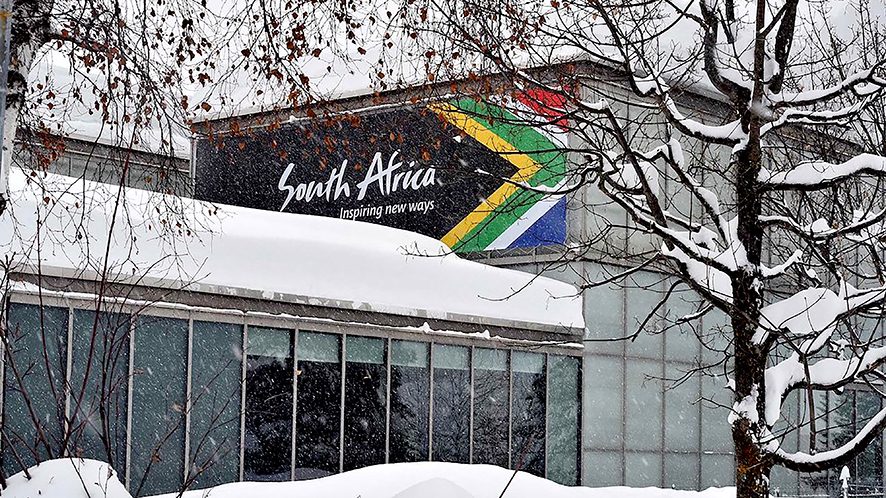As South Africa’s gross domestic product (GDP) continues to be stunted, with consumers feeling the squeeze through inflation and escalating costs of living, the country now pins its hopes on the African Continental Free Trade Area (AfCFTA) agreement to unleash new jobs and drive the economy.
According to business data released by Statistics South Africa (Stats SA), for the third quarter of 2022, GDP expanded by 1.6% after contracting by 0.7% in the second quarter of the same year. Manufacturing industries, finance, agriculture and transport were credited as having stimulated the meagre economic growth.
“The demand side of the economy was lifted by a rise in exports and government consumption. The size of the economy now exceeds pre-pandemic levels. Real GDP (measured by production) was R1 161-billion (constant 2015 prices) in the third quarter, which is above the previous peak of R1 152-billion recorded in the fourth quarter of 2018,” noted Stats SA.
The slight improvement was, however, dampened by the South African Bank Reserve Bank (SARB) decision to hike the repo rate to 7.25% from the previous 7%, taking the prime lending rate to 10.75 %.
The move, according to trade union federation Cosatu, will further drown workers in debt.
Reserve Bank governor Lesetja Kganyago predicted “doom and gloom” for South Africa’s economic growth prospects, saying it was likely to grow by 0.3%, citing the country’s rolling blackouts, external shocks and rising public debt, as the reason for the slump.
Fresh from the recently concluded World Economic Forum(WEF) in Davos, Switzerland, the South African delegation believes all is not lost.
“The South African delegation acknowledged that addressing the electricity shortage in the country is the first and most important step towards unlocking faster economic growth potential, creating employment and attracting investment.
“The WEF meeting also allowed Africa to highlight the abundant benefits and potential of the AfCFTA,” said Finance Minister Enoch Godongwana.
The AfCFTA is an initiative adopted in Kigali, Rwanda, in 2018.
It seeks, among other things, to create a single continental market with a population of about 1.3-billion people and a combined GDP of approximately $3.4-trillion.
It is one of the flagship projects for the continent for Agenda 2063 dubbed “The Africa We Want”, a long-term strategy conceived by the African Union to transform the continent into a global powerhouse. It also aims to eliminate trade barriers and boost intra-Africa trade, which is currently at 13%.
Industries such as pharmaceuticals, transport, telecom, tourism, IT and financial services, are key areas earmarked to drive the ambitious plan.
Last year during the Canada-Africa Chamber of Business Africa Accelerating 2022, President Cyril Ramaphosa suggested that there was great progress to be derived “in this economic initiative”.
“There has been important progress towards the operationalisation of the African Continental Free Trade Area. The Pan African-Paymentand Settlement System was launched in January and has been successfully piloted in the West African Monetary Zone.
“Work is underway to dismantle intra-African trade tariff barriers as well as non-tariff barriers that hinder market access,” said Ramaphosa.
This week, African heads of states met in Dakar, Senegal, for a financing summit focused around Africa infrastructure development where $160-billion worth of infrastructure projects were revealed.
For more business news from Sunday World, click here.
Follow @SundayWorldZA on Twitter and @sundayworldza on Instagram, or like our Facebook Page, Sunday World, by clicking here for the latest breaking news in South Africa. To Subscribe to Sunday World, click here




